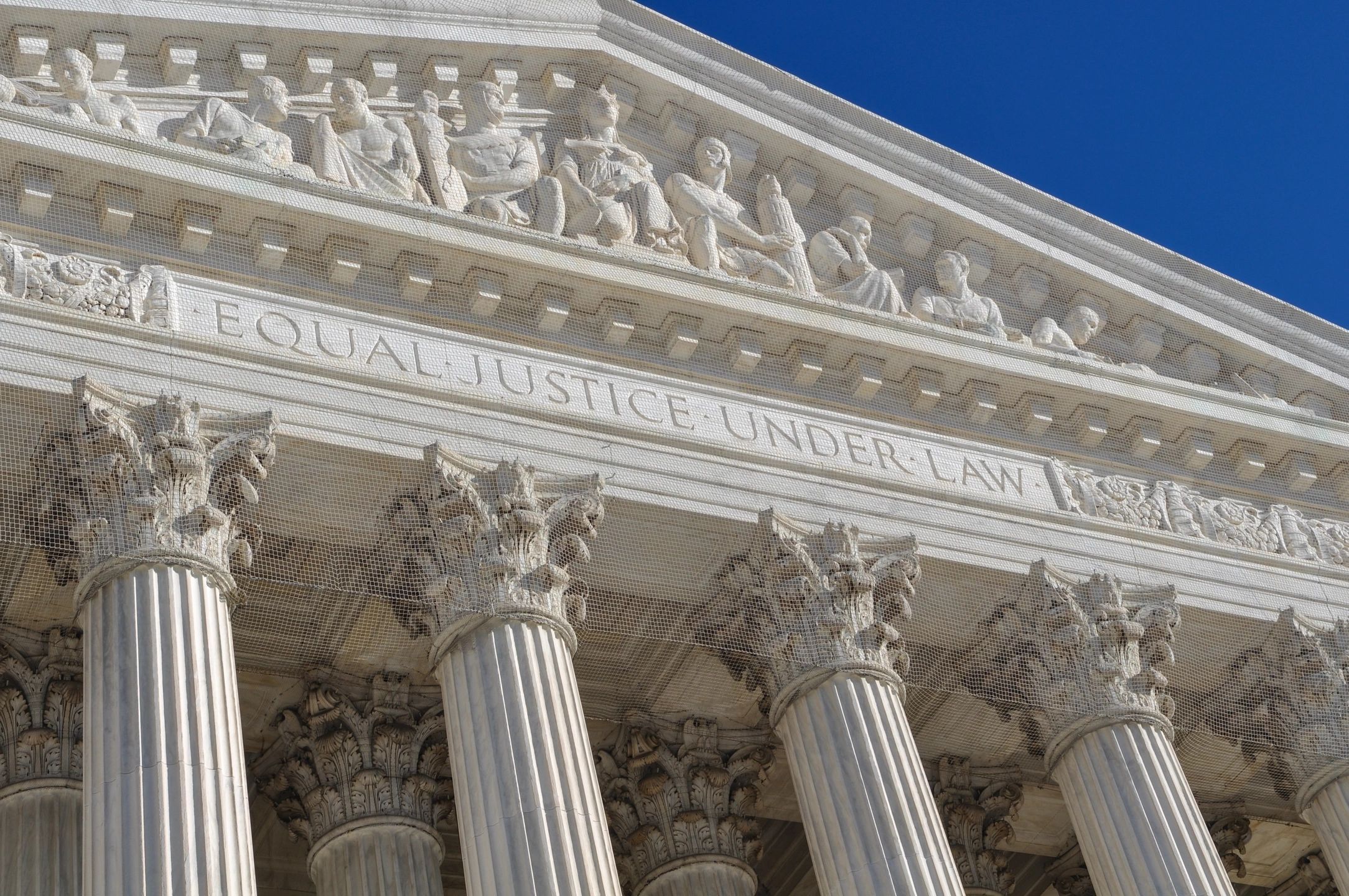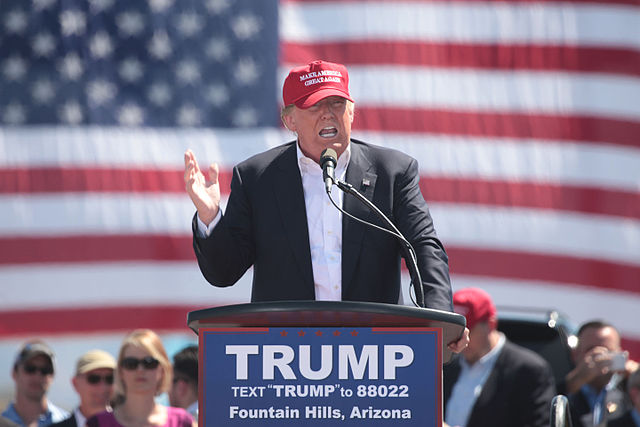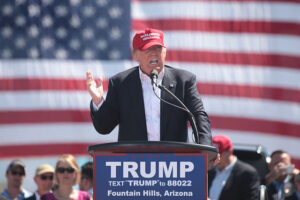[Note: this post is not yet finished.]
My grandmother on my mother’s side was intensely patriotic. One statement that she said every now and then (with intense pride) was “America is the greatest experiment of all time!” The USA was indeed an experimental nation. But is our country the greatest experiment of all time?
I will not answer that inquiry. Instead, I assert that the American experiment is over. It ended around 1930, with the onset of the Great Depression and the rise of socialist thinking.
How the Experiment Began
Most political change tends to be incremental updates to an existing system. The founding of the United States of America was one of the rare times in history when an existing political order was wiped clean; and an entirely new, ideal system was built in its place.
Thus, the American Experiment was born. Would it survive? No one knew for sure.
The ideal that inspired the USA’s new government is a political philosophy known as the philosophy of Liberty. The British philosopher John Locke is widely regarded as its founder. It was later expounded upon by many other thinkers, most of whom were also British.
This philosophy specified not only a political system, but also the moral justifications for the system. The justifications were based on reason, not tradition or religious dogma. It was a system that led directly to the abolition of slavery, the Industrial Revolution, and the replacement of monarchies and aristocracies with democratic governments. It also led to the structures like the separation of powers, checks and balances, and other safeguards against concentrated political authority.
Most people today have a favorable opinion of these developments—at least people in the advanced nations.
Beginning of the Opposition to Liberty
Yet limiting government power also has other ramifications: the separation of church and state, the separation of economy and state, the separation of education and state, and the separation of charity of state to name a few. Before 1930, most American citizens agreed with these. Modern people, however, object to many of them.
This difference is because public opinion began to change in the early 20th century. The American people decided to reject Lockean principles, and to repudiate much of the Constitution.
The Great Depression began in 1929. The next year, president Herbert Hoover and the US government began to intervene to stop the catastrophic contraction of the economy.
Well before this, Western countries had already become ecstatic over two new political philosophies: socialism and fascism. They promised utopia. The secret to achieving utopia was the concentration of government power and control. Liberty was obviously an impediment to socialists and fascists. They had to eliminate it.
Have you heard politicians proudly proclaim that you never want to let a crisis to go to waste? The Great Depression and the Second World War were back-to-back crises. They were the perfect opportunity for America’s socialists and fascists. Public opinion soon went along with the new anti-liberty policies that followed.
Here are seven massive changes to the USA’s political system that ended the American Experiment.
1. Government is Constructive and Nurturing
Nowadays, people believe something like this:
Government is not inherently evil. No! It is an institution that is capable of great good. Government is overflowing with money, and it has not a selfish bone in its body. What a combination! Better yet, government listens to its people (as long as we elect the right candidates). Government can lift the poor out of poverty, create jobs, save jobs, fund science and industry, put a man on the Moon, provide free green energy, and so much more!
Government is not our enemy. It is our friend and our ally!
This belief is perhaps the most blatantly obvious repudiation of Liberty. Pre-Hoover presidents routinely vetoed legislation in which Congress had apportioned funds for charitable giving. Today, no president would even consider vetoing legislation that gives generously to the needy—and to the not-so-needy.
2. The Concentration and Centralization of Power in Washington, DC
This naturally follows from #1:
Since government is such an engine of progress toward utopia, why would anyone want to limit government with checks and balances, and diffuse power? These just get in the way of progress.
Prior to 1930, the U.S. government was a distant institution to the average citizen. The government took zero percent of his or her income, and provided no welfare state and no social services. Most people had more interaction with their state and local governments than the U.S. government. This was by design.
To execute the New Deal (which started with Herbert Hoover) and wage the Second World War, power had to be concentrated in our nation’s capitol. Since then, the U.S. government is involved in nearly every aspect of our lives.
3. The President is Our Elected Pope
Before Herbert Hoover, the president was mostly just a politician who vetoed legislation that was unconstitutional, or signed it into law if it passed constitutional muster. With the advent of yearning for socialist utopia, the president has become much more like the Pope in the Catholic church. The president is the bridge (or pontifex) between the magical and divine realm of government, and us, the ordinary people.
Franklin Roosevelt still is revered as the quintessential papal president.
4. The Supreme Court Can Amend the Constitution
The Prohibitionists needed to obtain an amendment to the Constitution in accordance to article V in order to wage a war on “intoxicating liquors”, as the drug of alcohol was known. It was the 18th amendment (which was repealed by the 21st amendment in 1933).
Today, we have an ongoing War on Drugs, but without any constitutional amendment to authorize the government to wage it. Why not?
Because of the Supreme Court’s ruling in Wickard v. Filburn (1942). This was one of several Supreme Court cases that allowed the Supreme Court to effect a change in the Constitution that is supposed to be achieved through article V.
5. Economic Rights are Inferior
6. Corporations and Rich People are Our Enemies, Not Government
John Locke argued that political power is the greatest evil. It must be contained and limited.
The socialists and fascists beg to differ. They believe that the primary antagonist in society is the concentration of wealth. Corporations, CEOs, and rich people are who need to be contained and limited. The government exists to protect us from these antagonists.
7. Fiat Currency
Prior to 1933, the USA was on a gold standard. In fact, the entire world was using the gold standard. Gold can’t be created out of thin air, so it limits government spending to tax revenues.
For government to play the role of Santa Claus, politicians must be able to spend more than what they collect in taxes. This is why fiat currency was invented. It allows the government to create dollars out of thin air. Politicians then have no limit on spending. Milton Friedman (among others) showed that prices will then inevitably rise. Politicians and economic charlatans can then blame corporate greed for this price inflation.
Welcome to the New America
The genie of concentrated government power was kept in its bottle by a cork—primarily Article 1, section 8 of the Constitution, and the 10th amendment. Starting around 1930, the American people allowed politicians, judges, and numerous political groups to chip away at this cork. By the end of the Second World War, the cork was totally gone. The US government is everywhere now. Government has become God.
Thus did the American Experiment come to an end. Instead of rapidly spiraling down into a failed state, the experimental new government of the USA led to the creation of the world’s most dynamic and innovative economy—which is still is to this day. Not long after the USA was formed, millions of people began to emigrate from their oppressive countries to the USA to live a life without political tyranny.
Yet the words of the Declaration of Independence, the Constitution and the Bill of Rights, and the Federalist Papers are now treated as distant relics from an earlier era. Historians are the only ones who have an interest in them now. Only a remnant of Liberty remains today.
Post Scriptum
The political system of today’s post-repudiation USA does not have an official name. Instead, these names have been used:
- The Mixed Economy
- Capitalism 2.0 (rarely used)
- Nordic Socialism (or the Nordic Model)
- Soft Socialism
- Big Government
- Our Democracy (e.g., “the corporations have completely subverted our democracy.”)




